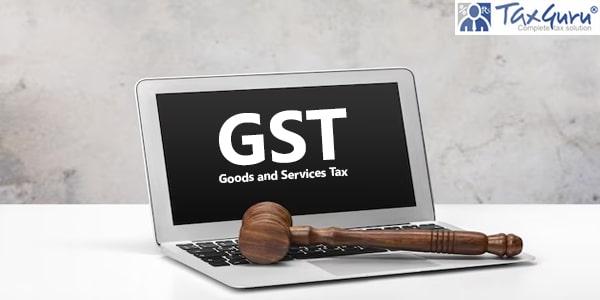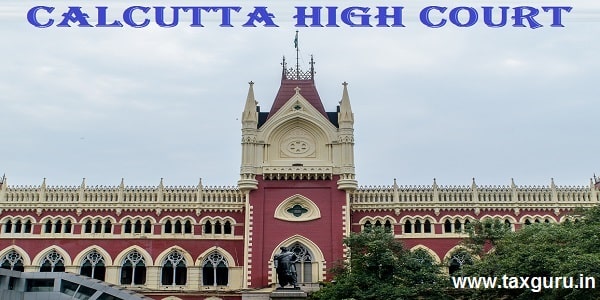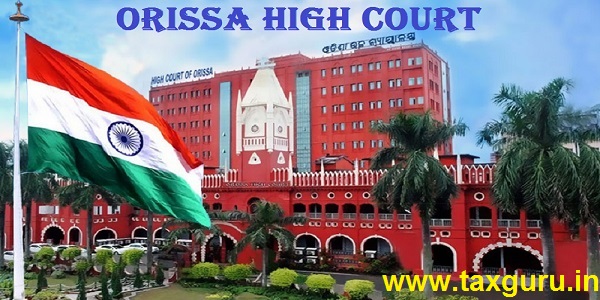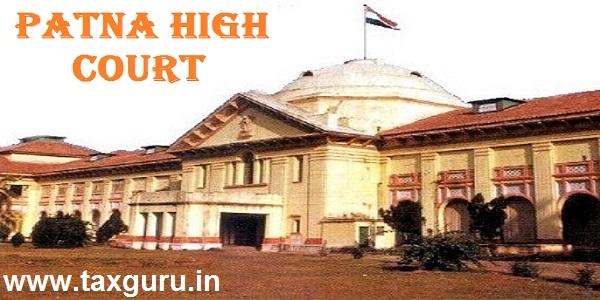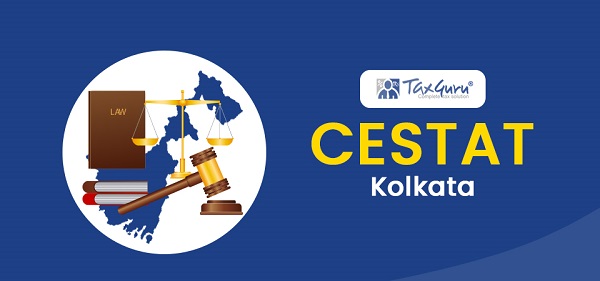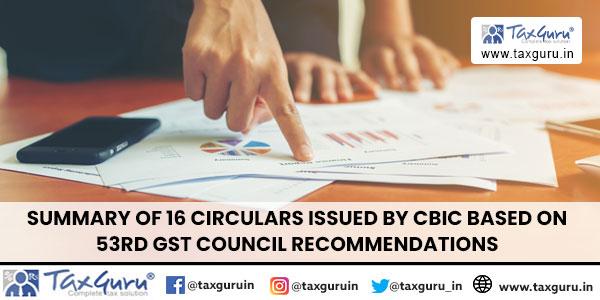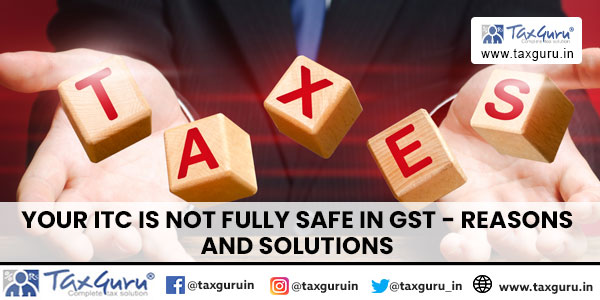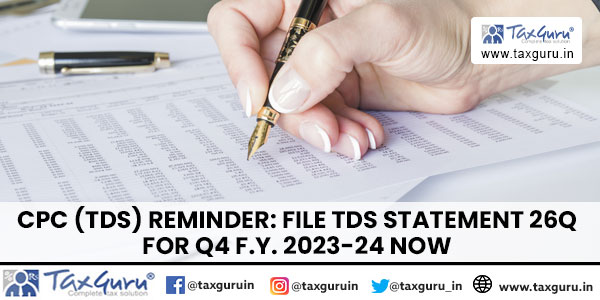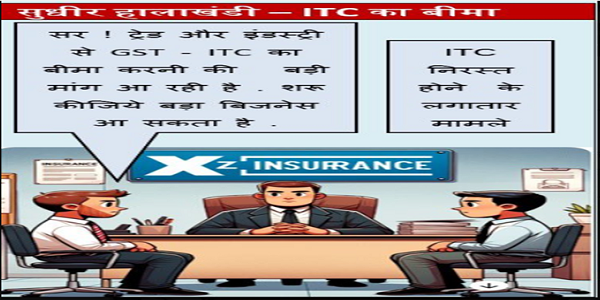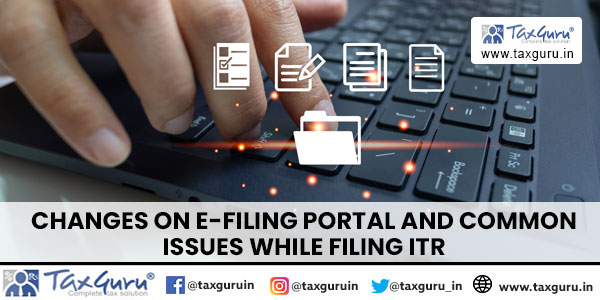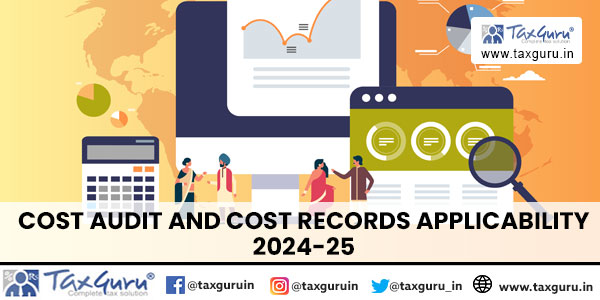Dr. Sanjiv Agarwal, FCA, FCS

Goods and Services Tax (GST), introduced from July 1, 2017 is over eleven months old now but has resulted in operational and implementation disruptions affecting all stakeholders. GST law, as drafted and legislated, is not free from the interpretational hassles. GST Council his however, making regular changes to fix the anomalies and hardships faced by taxpayers. There were no legislative changes in the Union Budget -2018.
Taxpayers have already started challenging various provisions of GST laws and rules framed there under with more than 100 writs being filed in different courts. High courts and Supreme court have taken a liberal stand so far in view of the fact that law is new and is yet evolving. However, CBIC may move to Supreme court where the verdict is against the Government. This has been indicated in Circular No. 39 dated 03.04.2018 wherein it is has been hinted in relation to resolution of struck TRAN-1 and filing of GSTR-3B that Government has not accepted blanket opportunity to file TRAN-1 but only in cases where technical glitches crept in. It has advised the departmental officers that courts may be suitably informed and if needed review or appeal may be filed. There is also increase in number of cases being decided by Authority for Advance Ruling(AAR) and National Anti-profiteering Authority(NAA).
Here are few more judicial pronouncements for information and guidance of various stakeholders. It is expected that the litigation is bound to go up as time passes by.
1. In Mascot Entrade (P) Ltd. v. Union of India (2018) 4 TMI 269; (2018) 66 GST 246; (2018) 9 GSTL 5; [2018] 90 taxmann.com 223 (Gauhati), the Assistant Commissioner of GST and Central Excise issued a show cause notice to the assessee related to service tax matter. The assessee filed a writ petition in the High Court challenging the above notice on the ground that after the enactment of the CGST Act, 2017 and the omission of Entry 92C (Taxes on services) from List-I of the Seventh Schedule of the Constitution, the said Assistant Commissioner did not have any jurisdiction in respect of such matter. Hence, the impugned notice was wholly without jurisdiction.
The High Court held that since the impugned notice issued to assessee, which appears to be relating to service tax matter, hence was without jurisdiction. Therefore, further proceeding under the impugned notice was to be stayed until the returnable date.
2. In Modern Pipe Industries v. State of UP (2017) 10 TMI 1017; (2017) 88 taxmann.com 155 (2018) 65 GST 137; (2017) 5 G. S. T. L. 368 (Allahabad), where the assessee, a partnership firm, filed petition contending that even though GST ID/password had been provided, but on logging with said ID/password, it was not able to access registration certificate of firm which was migrated to GST, Revenue was asked by the court to inform if any arrangement had been made to resolve such kind of problems.
3. In Samaj Parivartana Samudaya & Ors. v. State of Karnataka & Ors. (2017) 10 TMI 255 (Supreme Court), on question of whether lessee can claim input tax credit under CGST Act, 2017 in case of an e-auction transaction, it was held that the GST payable on the sale value of the mineral purchased in the e-auction shall be paid by the buyer directly to the lessee and the lessee would be responsible for all compliances as may be required under Act. The Monitoring Committee was directed to prepare appropriate proforma and also take steps for carrying proper Tax Identification Number of the respective lessees on the invoices as may be required. It was further directed that the GST payable on the sale value of the mineral purchased in the e-auction shall be paid by the buyer directly to the lessee and the lessee would be responsible for all compliances as may be required under Act.
4. In Samsung (India) Electronics (P) Ltd. v. Commissioner of Commercial Taxes, UP Lucknow, (2017) 12 TMI 202; (2018) 90 taxmann.com 92; (2018) 66 GST 1 (Allahabad), the assessee sold mobile/cellphone with battery charger in same packing and there was no intention of assessee appears to affect a separate or distinct sale of charger and single retail package did not carry or bear a separate MRP for charger included therein and that it was also not separately identified on package. Therefore, it was held that since there was no intention of assessee to affect a separate or distinct sale of charger and no separate price was fixed or declared for charger, charger contained in a composite package would not be eligible to be taxed separately.
(Some more cases to follow)
Also Read-
6 Recent Court Pronouncements On GST – Part I
8 Recent Court Pronouncements On GST – Part II
10 Recent Court Pronouncements on GST -Part III
8 Recent Pronouncements on GST (Part- IV)
6 Recent Pronouncements On GST (Part-V)





